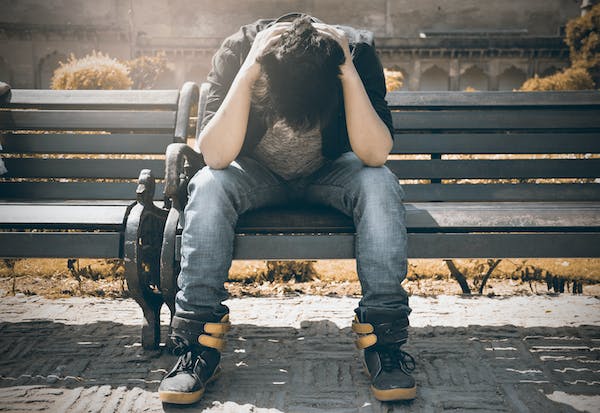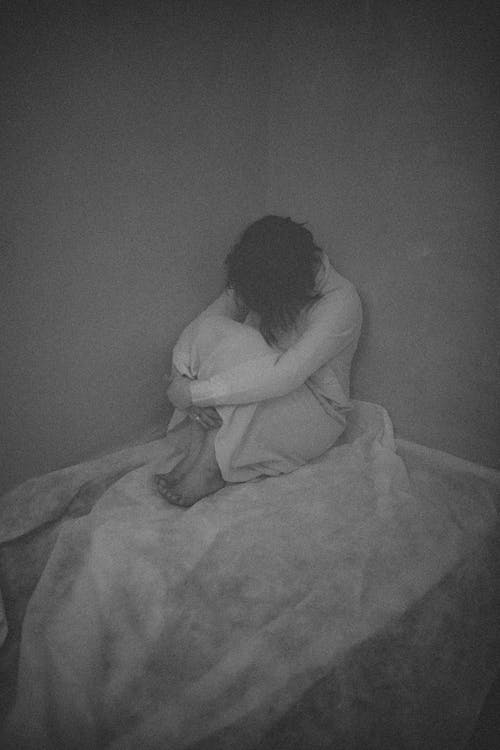The state of sadness is a common experience for people all around the world. Although it can feel overwhelming at times, it is a normal emotion and part of what makes us human.
Being sad can cause physical symptoms ranging from an awareness of emptiness, low energy, and difficulty concentrating, to feeling disconnected from life and having difficulty making decisions. Sadness is usually a response to a setback or an event in someone’s life that they don’t want to acknowledge or accept.
 Sadness can also manifest itself in more physical ways including headaches, muscle tension, an increased heart rate, tightness in the chest, a decrease in appetite, difficulty sleeping, and changes in energy levels. These physical symptoms are often a sign that a person is feeling deep sadness, and they should be taken seriously.
Sadness can also manifest itself in more physical ways including headaches, muscle tension, an increased heart rate, tightness in the chest, a decrease in appetite, difficulty sleeping, and changes in energy levels. These physical symptoms are often a sign that a person is feeling deep sadness, and they should be taken seriously.
Mental symptoms of prolonged sadness can include a negative outlook on life, a lack of interest in activities, negative self talk, rumination, low motivation, and withdrawing from support systems and relationships. A common emotional experience in the state of sadness is a feeling of hopelessness, and the desire to avoid the situation, people, or thoughts that are causing the sadness.
It’s important to acknowledge that sadness can sometimes lead to more serious mental health issues such as depression, anxiety, and suicidal ideation. If you are feeling overwhelmed or are having thoughts of suicide, it’s important to seek professional help.
There are ways to cope with sad feelings, including acknowledging the feeling and allowing yourself to experience it, finding ways to express your emotions in a healthy way, engaging in activities that give you a sense of meaning and purpose, and seeking social support from family and friends.
It’s important to remember that sadness isn’t a sign of weakness or a personal failing, and that it’s something everyone experiences from time to time. By understanding the symptoms of sadness, we can recognize it within ourselves and understand it in others. With understanding, we can begin to manage and cope with this emotion in healthier and more productive ways.








